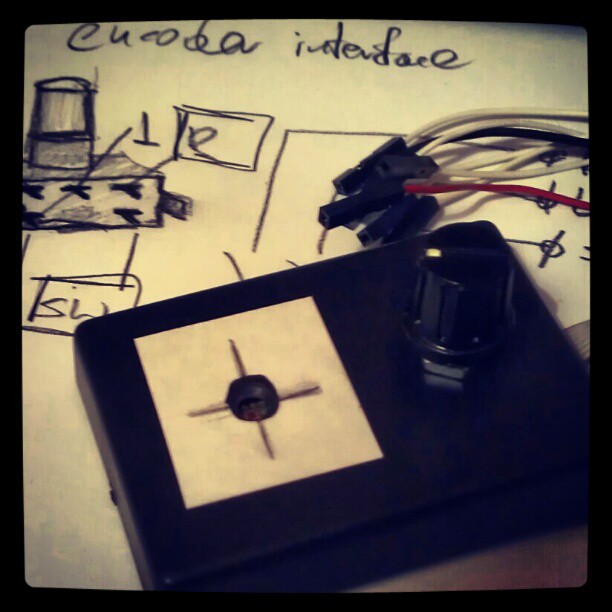I used to be deadly afraid of burnout. Not just afraid – I was ashamed of it, as if feeling burnt out was a sure sign of some personal defect, the ultimate proof of failure.
As usual, things are not that simple. Since then I’ve learned about the reward signals and prediction errors, and it became clear to me what burnout really is: a clear signal that I’m doing something incorrectly and it’s not giving the expected result. Actually, this is the very definition of prediction error (maybe more appropriately called prediction delta): the difference between the expectations and the outcome. Positive error (unexpected success) is pleasant; negative error (unexpected failure) is anything but. These signals play crucial role in brain’s ability to learn. If you’re an engineer, they are the outputs of that +/- adders you put in front of a regulator or an opamp. The prediction error is a signal in the feedback loop, and an important one.
How it used to work: if you spent all day trying to bash a coconut with a wooden stick, it still wouldn’t break. Except that you would give up after a few tries, because the the prediction error accumulates. One large failure – like hurting yourself while trying to open that damn coconut – should be sufficient to deter further attempts – but many smaller failures are just as effective by slowly building up a feeling of failure.
Did that just ring a bell? Well it should, because that’s precisely how burnout feels. It’s a feeling that got hold of me and just wouldn’t go away – but it’s a feeling. That’s the crucial difference between one big failure – like blowing up a $1000 piece of equipment – and many small ones, like repeatedly failing to properly patch up bugs lurking in the code or wake up early in the morning. The big failures hit our rational brain; the small ones accumulate in the emotional one.
The outcome? I’m angry, sad, restless – and without a clue how to change this.
Okay, the last sentence wasn’t honestly right. I know how to cure burnout – but I’m so entrenched in it, so hopeless, I don’t quite see the way out even though it’s a big neon sign that’s been glaring inside my head for the last few weeks.
GET SOME REST.
And that’s all there is.
The easiest cure for burnout is vacation. Simply stopping the repeated failed attempts stops the toxic negative feedback loop and allows the brain to return to its equilibrium. It’s not about putting our responsibilities away for a while – it’s about putting our failures away.
That’s the unintuitive key to fighting burnout: the knowledge that it comes from all these unfinished tasks we repeatedly tackle and fail, and with every attempt we try even less.
The SPI driver I wrote has some horrible timing bug that only exhibits itself once in a while. I’ve been trying to fix it for days, but it still eludes me; and with every attempt I grow even more desperate. I wish I could just put it away for a while, but we really need that driver for the next release; as a result, I try to fix it almost every day, and the progress is really slow.
The right course of action, however, isn’t to try harder: it’s to do something different. Our ancestor didn’t have this dilemma with the coconut and the stick: if it didn’t work, he would either try a different way (say, a rock) or just give up. We can’t. We have deadlines, bosses and internalized sense of obligation to do things we don’t have to do. We believe we are stuck; it’s a society thing.
What’s the way out, then?
First: learn to recognize the symptoms early on. In my case, the most obvious symptom is feeling like shit. It’s hard to correlate it with anything – especially since that feeling doesn’t encourage further thinking – but it’s still important to know it and react a-s-a-p.
Second: bail out. If you’ve been trying to fix that damn driver for two weeks and it’s still broken, just stop. Ask someone else to write it from scratch. Copy an example. Ditch the interrupts, use DMA, polling, whatever. Maybe just stash it. Just don’t stay in the hopeless position.
Third: Force yourself to postpone further attempts until a few days have passed. Mark the date in your calendar. You just gained a few days to use in a productive way. Use them to do something else. Use them to succeed. Enjoy!
Fourth: Come back and reevaluate. The hopeless position is no longer hopeless, so look for other choices right now. You’d be amazed by how much the scenery has changed since you left.
